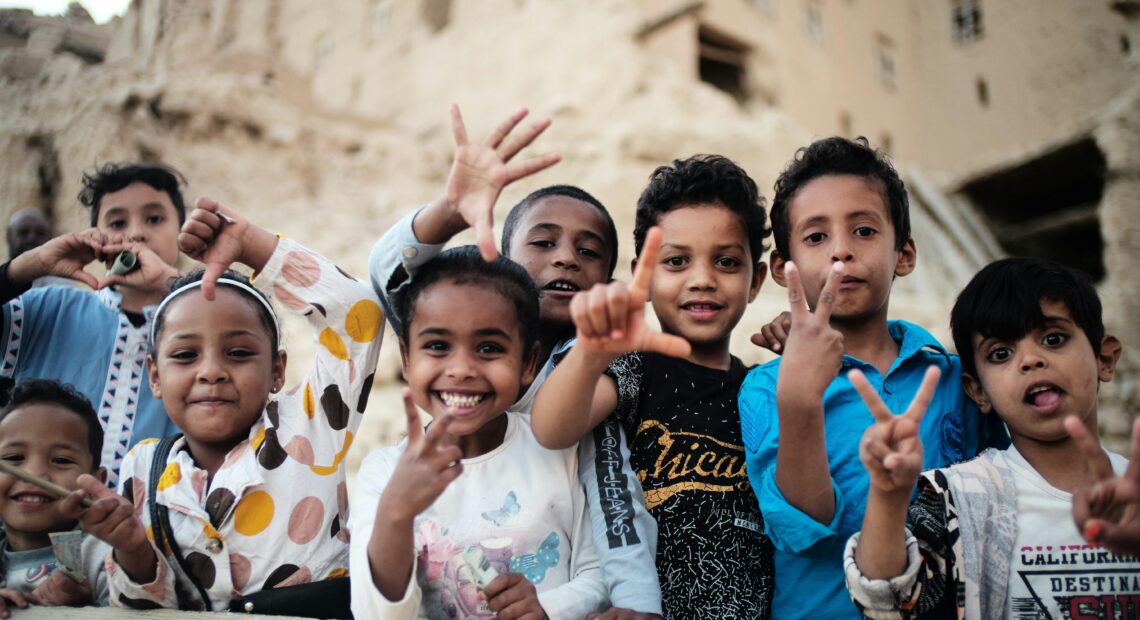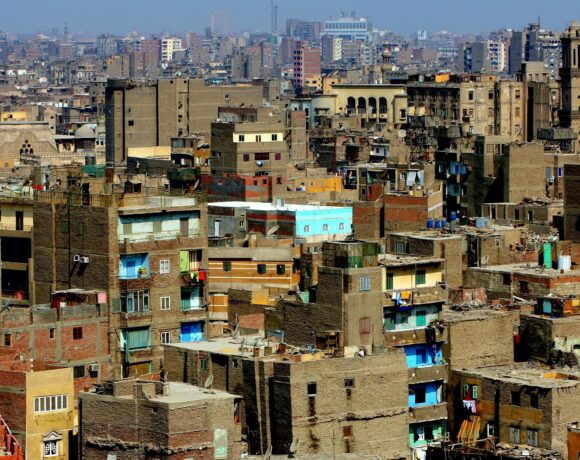Yemen tops in number of cholera cases globally

WHO faces funds’ shortage
Yemen continues to bear the highest burden of cholera worldwide, with the country facing a persistent and severe outbreak that has ravaged its population for years. The outbreak is particularly devastating as Yemen struggles with an ongoing humanitarian crisis, further exacerbated by a lack of resources and damaged infrastructure.
The country’s cholera situation remains dire, with 249,900 suspected cases reported by December 1, 2024, and 861 associated deaths since the start of the year. These figures account for 35% of the global cholera burden and 18% of global reported deaths.
November 2024 saw a 37% increase in cases and a 27% rise in deaths compared to the same period in 2023, primarily due to updated reporting and more accurate data from across Yemen’s governorates.
Cholera, a waterborne disease, has posed significant challenges to Yemen’s already fragile health system. The country’s healthcare infrastructure is under tremendous strain, and it is already grappling with multiple outbreaks, including other infectious diseases. Dr Arturo Pesigan, the WHO Representative and Head of Mission in Yemen highlighted that the lack of safe drinking water, poor hygiene practices, and limited access to treatment compound this surge in cholera cases. These factors continue to hinder efforts to combat the disease effectively.
The World Health Organization (WHO) and other humanitarian organisations struggle to meet the growing need for cholera prevention and treatment. The response is also hindered by significant funding shortages, with a current gap of $20 million.
This financial deficit has led to several critical health centres closing across Yemen. Unless urgent funding is provided, 84% of diarrhoea treatment centres (DTCs) and 62% of oral rehydration centres (ORCs) are expected to shut down by the end of 2024. These closures put millions of vulnerable people at risk, leaving many without access to life-saving treatment.
Core issues
Yemen’s ongoing water and sanitation issues are at the core of the cholera crisis. Despite ongoing efforts, the public water and sanitation systems are severely damaged due to years of conflict. Rehabilitation of these vital infrastructures is crucial to prevent further outbreaks.
According to WHO, addressing the cholera outbreak requires a multifaceted response, including better coordination, improved surveillance, laboratory capacity, case management, and enhanced community engagement initiatives. The provision of oral cholera vaccinations has been a key part of the response, with WHO having already supported a campaign that vaccinated 3.2 million people in six governorates.
The emergence of the latest cholera outbreak in March 2024 has seen a concerted effort by WHO and Yemen’s Ministry of Public Health and Population, with the support of the UN multisectoral response plan. Over 25,000 rapid response team missions have been conducted to investigate alerts and implement local control measures.
WHO has also supplied laboratory reagents to confirm infections in 12 central public health laboratories and provided critical medicines, medical supplies, and WASH (water, sanitation, and hygiene) materials to health facilities, including 18 DTCs.
The lack of funding has placed immense pressure on the response efforts. Between March and November 2024, 47 diarrhoea treatment centres and 234 oral rehydration centres had to close due to the funding shortfall. These closures have intensified the already critical shortage of medical facilities, leaving Yemen’s population vulnerable to further outbreaks.
The situation in Yemen highlights the urgency of international support. Timely and sufficient funding is necessary to implement cholera interventions, including the ongoing oral cholera vaccination campaigns, and to repair Yemen’s water and sanitation infrastructure. Without these critical interventions, the cycle of cholera outbreaks in Yemen is likely to continue, with devastating consequences for the health and lives of millions.
As Yemen battles one of the worst cholera epidemics in modern history, it is clear that sustained international support, in the form of funding, expertise, and resources, is essential to control the outbreak and provide relief to those suffering in the country.
Hero image: WHO has supported a campaign that vaccinated 3.2 million people in six governorates across Yemen. Credit: Irwan Zahuri













